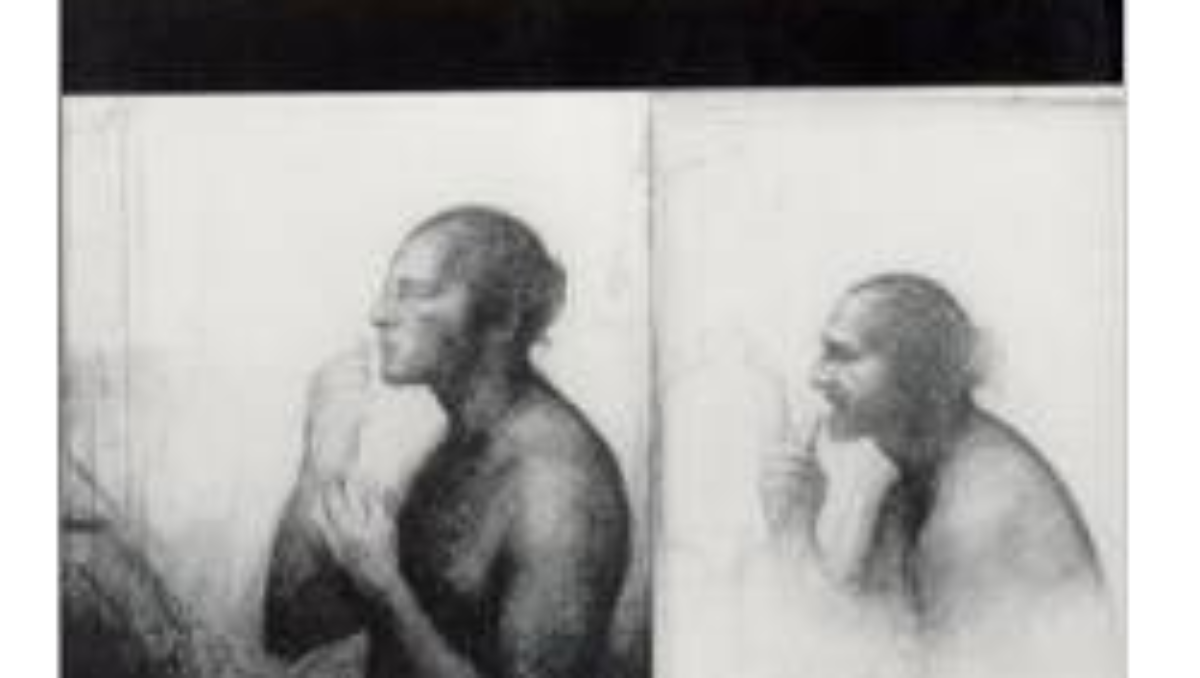IOWA
by Stephen Berg
In honor of poet, teacher, editor, and Four Way Books author Stephen Berg, who passed away last week, we’re proud to re-print one of his prose poems, which first appeared in his collection, Shaving.
__________
IOWA
When I think of it now I still see just how ugly and dirty the place was, what a bare unprotected monk-like life it was that year, living first in the old tire warehouse on the outskirts of town, no toilet or sink, no furniture, nothing except two ratty mattresses, fruit crates, blankets from home, unfinished splintery lath walls, gobs of hard gray mortar squeezed between bricks, and everywhere the acrid stink of tire rubber, dirt and dust, everywhere in high black stacks truck tires, car tires, hundreds, except for one small room, probably an office once, where we slept and read. The teeth–like treads gleamed in the dark. Some nights I’d choke with asthma from the filth, from rage, from how far away home was. Some nights we’d lie in our room reading by the sallow light of the small bulbs of the bed lamps we got at a junk shop and nailed up on our walls. Outside the fields of Iowa went on forever, a ditch of yellow mud bordered the north wall. Some nights Bob and I would bundle up in everything we owned and go out and stare at the shoals of stars, pale surfy swarms pulsing slightly, stand half-drunk in the lampless cityless darkness rambling about poetry, family, sex, loneliness. Once, I remember, I took out an old silver Bach cornet I picked up in a pawnshop for 15 bucks and tried to play the thing, stood on the edge of the ditch leaning back, pointing the horn straight at the sky, but all that came were squawking mewing fartlike tuneless wails, jagged held notes. At one point—the horn against my lips—I took a wrong step into the ice-crusted watery slough and stumbled and fell and almost broke off my front teeth. For months I carried the mouthpiece in my pocket, fondling it, taking it out to heft, practicing on it to build my lip, fweeting a few raw notes whenever I felt like it—walking across campus, on the street. I kept myself company like that, I became somebody else, mostly Bix because I envied his sweet pure tone, the steadiness and range, his strict, condensed phrasing, the direct brevity of his style, a miraculously articulated, triumphant sadness. Before long we took an apartment in the heart of town—bought new mattresses, desks, two chairs, built bookcases with cinderblocks and boards—two rooms, high doors between, where we’d write, often at the same time early in the morning or late at night. It was wonderful being serious about writing, believing oneself able to hear someone hearing your voice, to hold a human gaze, wonderful feeling haunted, if you were lucky, by lines, impulses, hot formless combinations of phrases that led your hands over the keys at a speed beyond understanding, beyond experience. Then out would come the paper with words on it and you’d begin again—chop, change, shift, hack, put something back or stick it somewhere else, anything seemed possible in that mood—to hear the necessary mind of the poem. Otherwise it was classes and the usual college shit: football games, parties, gossip, worry about grades. Then the snow came and everything was lost under it, everything slowed. Sometimes it fell neck-deep. People wallowing through would shovel paths on the sidewalks. You’d see heads floating along the top of the snow walls. The quads and fields were cratered and scarred with ruts like a moon map glowing blue-white. Hard to describe the mood of Iowa City after one of those big snows, but I was happier than I knew then, trapped there, purified of choice by isolation, schedules breaking down, the roads out of town impassable. We’d stay up till three or four in the morning, playing pinball machines in an all-night diner a few blocks away, or reading, trying to write. The vividness of words on a page in a book, the sound of the human on a printed page, was never more compelling and intense than on those long nights of immense calm while the snow under the street lamps lay there, consolingly white and quiet, going on for miles. The Workshop quonsets looked like sleeping animals, down by the Iowa River. You could walk across it and not break through; you could see the wide brown road of water underneath roiling past. The uncountable rows of footprints crossing and recrossing, the snowy lid of ice, made my scalp prickle. It looked eerie, too meaningful—why, I still can’t figure out—that bright, pocked, luminous crust scored by those shadowy holes. And nothing came there, not at night in the bleak Midwestern cold, unless an animal happened by. At night if you drove out of town (after the roads were plowed, snow mounded ten feet high on either side), where it seems nothing exists but fields, endless open fields, if you looked across the glowing sugary land, you might say that the silence and peace you were at one with had always been and always would be.
|
“. . .Stephen Berg’s Shaving is the first book of prose poems I have read that has made me re-examine the function and power of that branch of our poetry. It is a book of strenuous and often dangerous self-witness; an astounding overview of American urban life at the apex and turning point of a major civilization. . .most importantly, it is brilliantly written. . .In reading Berg you will be reading the master of the prose poem. – Jorie Graham |
- Published in Featured Poetry, home, Series

